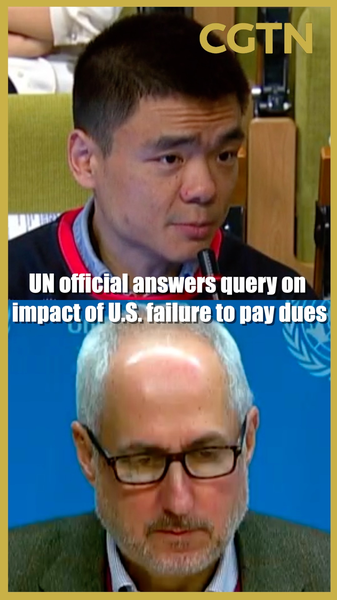When Nobel Prize–winning economist Joseph Stiglitz took aim at the tariff proposals put forth by U.S. President Donald Trump, he delivered more than a critique of tax policy—he challenged the very idea that tariffs alone could resurrect American manufacturing.
“Firms considering a return to the U.S. face insurmountable barriers, from inadequate logistics to fragmented supply chains,” Stiglitz said, arguing that modern factories rely heavily on automated systems and robots. In his view, any jobs created by new tariffs would be negligible compared to the complex, globally integrated networks that underpin today’s production lines.
Tariffs, by design, tax imported goods. While intended to protect domestic producers, they can ripple through global markets, pushing up prices and limiting consumer access to essential goods. For Stiglitz, the result is clear: the envisioned 1950s-style manufacturing boom is a myth.
Rather than reversing decades of industry shifts, higher import levies could disrupt the very supply chains that businesses depend on—impacting access to essential goods. Consumers, he warned, may find everyday items less available or more expensive as a result.
Stiglitz’s assessment adds a dose of reality to the debate over trade policy, especially for young entrepreneurs and professionals tracking the intersection of business and technology. It also raises pressing questions for thought leaders and changemakers: How can nations secure critical industries without sacrificing integration in an interconnected world?
As the conversation continues, one thing is certain: tariffs alone won’t rebuild factories in their old image. For a generation attuned to innovation, the path forward likely lies in smarter logistics, cross-border collaboration and investment in cutting-edge automation—both at home and abroad.
Reference(s):
Nobel Prize-winning economist Stiglitz slams Trump's tariff plan
cgtn.com




